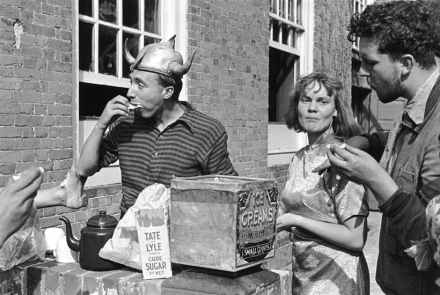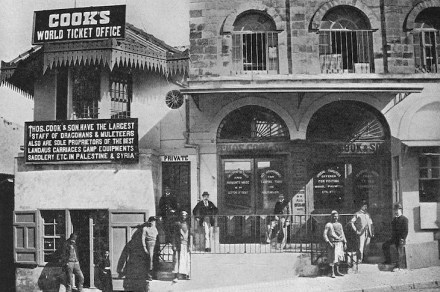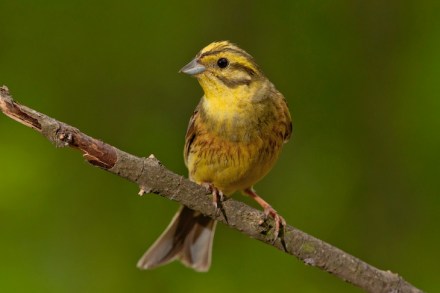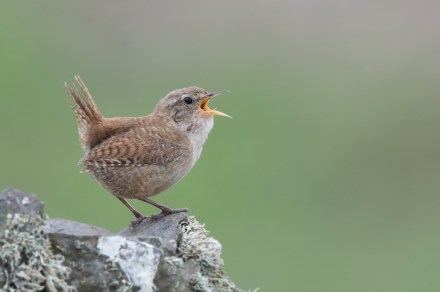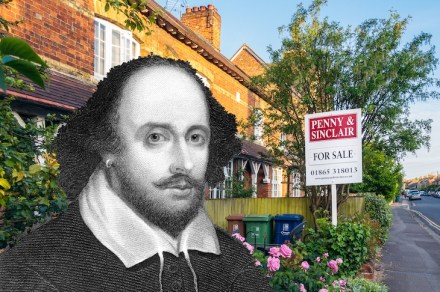Spectator competition winners: ‘I love Big Brexit’ – Orwellian short stories
To mark the 70th anniversary of George Orwell’s death, you were invited to submit a short story with an Orwellian flavour. This challenge was inspired by an entertaining thread on Twitter started by @rcolvile who asked for ideas for sequels or spin-offs when Orwell’s work goes out of copyright next January. Among the suggestions that elicited the most ‘likes’ were @NickTyrone’s ‘a sequel to Animal Farm in which all the non-pig animals console themselves with the idea that at least they “won the argument”.’ An honourable mention goes to Nick MacKinnon, whose twist on Nineteen Eight-Four sees Winston consigned to a Room 101 that is the embodiment of his greatest




